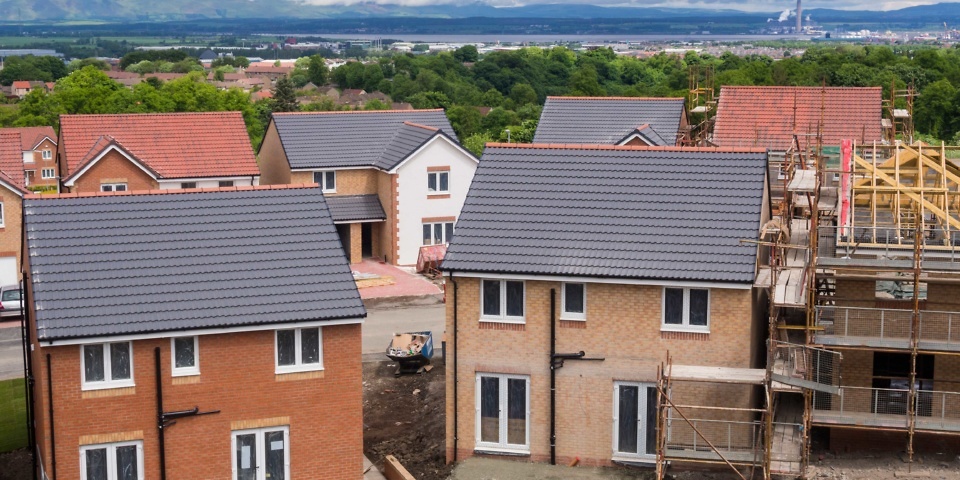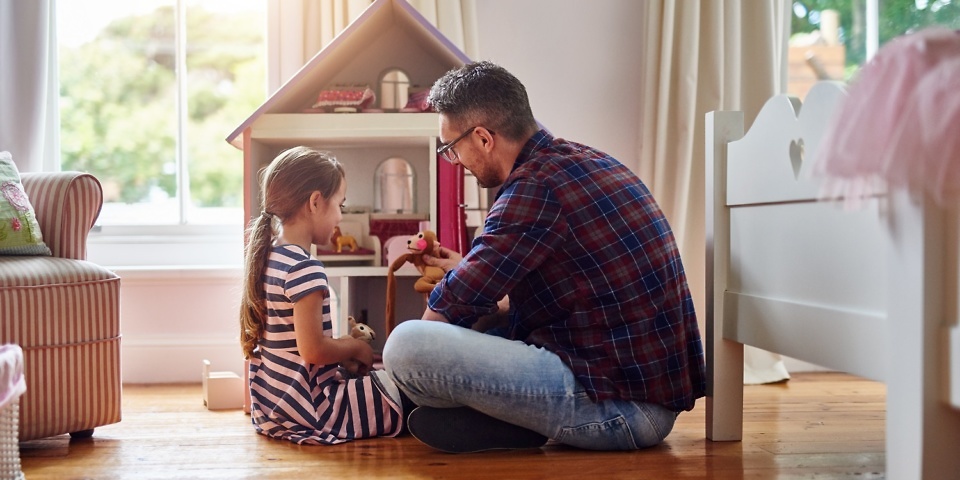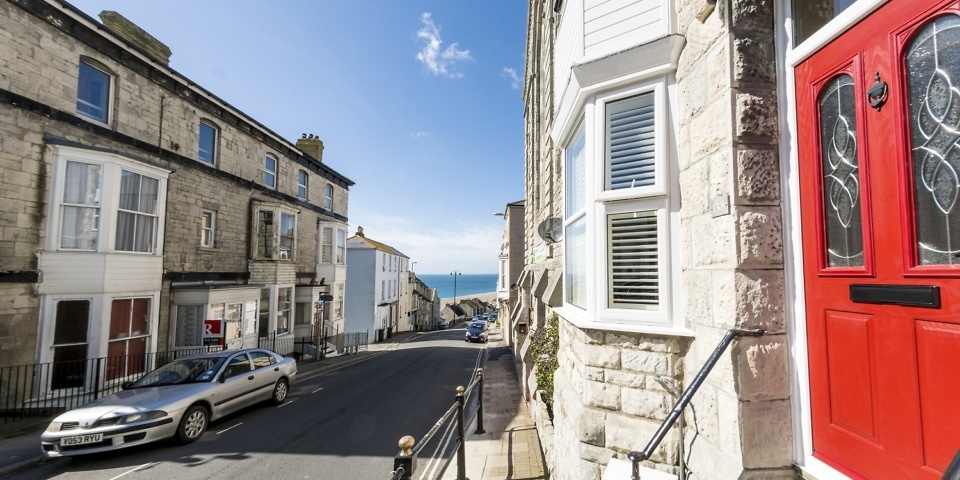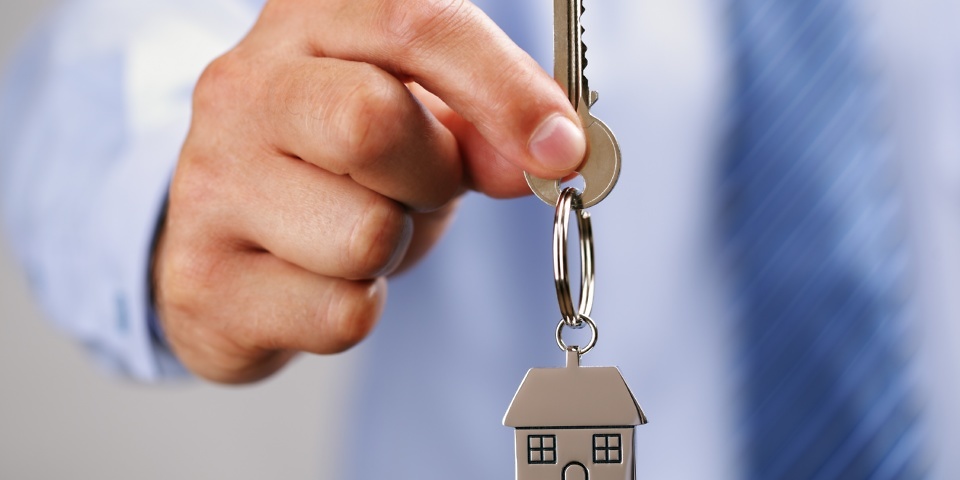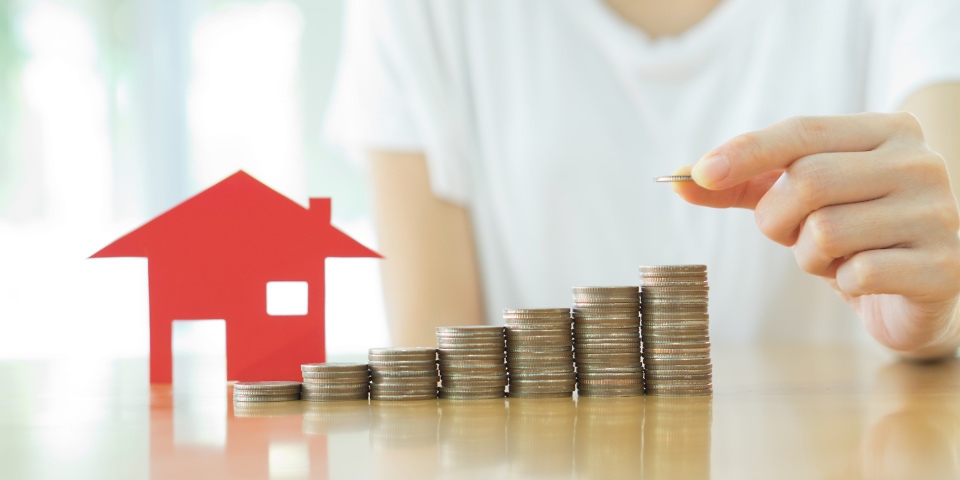
Thousands of property buyers are incorrectly paying a 3% surcharge targeted at buy-to-let investors and holiday homes, based on a new analysis of official stamp duty data.
Official statistics reveal that 15,700 buyers have paid an excessive amount of stamp duty because the surcharge was introduced. And analysis by the estate agency Jackson-Stops says this is partly due to buyers misunderstanding the complicated rules.
Here, we take a look at a few of the more common reasons people overpay on stamp duty.
Reasons people overpay stamp duty
Under new stamp duty rules introduced in April 2022, buy-to-let investors and those buying second homes are obliged to pay for one more 3% surcharge on top of the standard rates.
But in some instances, the surcharge has been incorrectly applied, meaning some home buyers have been hit having a higher bill. Up to now, 15,700 buyers have claimed refunds from HMRC.
The rules around the tax are complicated. HMRC says it receives calls concerning the regulations on a daily basis and said in February they keep all guidance ‘under constant review’.
In a bigger number of instances, buyers overpay because they buy a new home before selling their first – so that they technically own two properties.
But Jackson-Stops have also outlined a number of other common issues, including:
The great news for those who overpay is they can claim reimbursement on these charges within 3 years.
Stamp duty: frequently asked questions
Aside from the issues raised by Jackson-Stops, here are five of the very most common questions we’ve been asked about the stamp duty rules for investment properties and 2nd homes:
| Question | Answer |
| What happens if I inherit a house? | Stamp duty isn’t payable on inherited properties. But when you inherit a house, and then buy another one before selling it, you’ll usually have to pay the surcharge around the new property. Should you inherit a share of 50% or a lesser property and purchase the next home a lot more than Three years later, it won’t be considered an extra property. |
| What if I are interested a home which has a ‘granny flat’ or annex? | If the annex is bought within the same transaction as the main residence, is within the same grounds and it is worth a maximum of a third from the overall value of the property, you won’t need to pay the additional charge. |
| I’ve split up with my partner but i'm around the deeds. Will I need to pay the surcharge when I buy a new house? | Yes, initially. When you buy your new house you’ll have to pay the additional 3%, however, you can claim this back if you sell your stake within the old property within 36 months. |
| I’m helping my child buy a property and already own my own home. Will I need to pay the extra charge? | If you’re gifting money or acting as a guarantor, you won’t have to pay. If, however, your company name will probably be around the mortgage and also you already own your own house, you’ll have to pay the surcharge. |
| I own a UK property and want to purchase a holiday home abroad. Am i going to need to pay the surcharge? | No. Stamp duty only applies to properties in the united kingdom. |
Buy-to-let stamp duty rules: a background
In April 2022, the government introduced new rules to add an additional 3% surcharge on top of existing stamp duty rates for individuals buying investment properties or second homes that cost more than lb40,000.
This means the stamp duty bands for these buyers are listed below:
| Portion of property price | Stamp duty rate |
| If the home is worth under lb40,000 | 0% |
| lb0-lb125,000 | 3% |
| lb125,001-lb250,000 | 5% |
| lb250,001-lb925,000 | 8% |
| lb925,001-lb1.5m | 13% |
| lb1.5m+ | 15% |
Buy-to-let stamp duty calculator
If you need to do need to pay the additional rate of stamp duty, you can find out how much you’ll have to pay in total by using the stamp duty calculator below.
Otherwise, if you’re purchasing a home to reside in, you can use our stamp duty calculator for home buyers.


